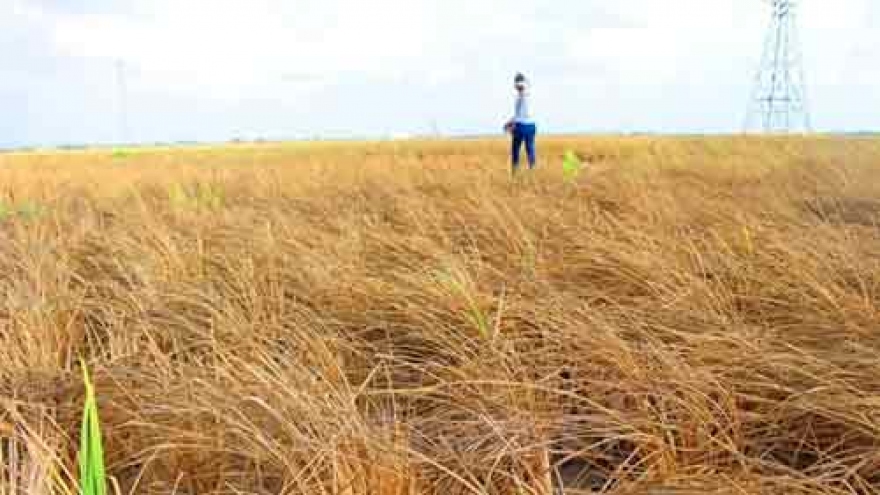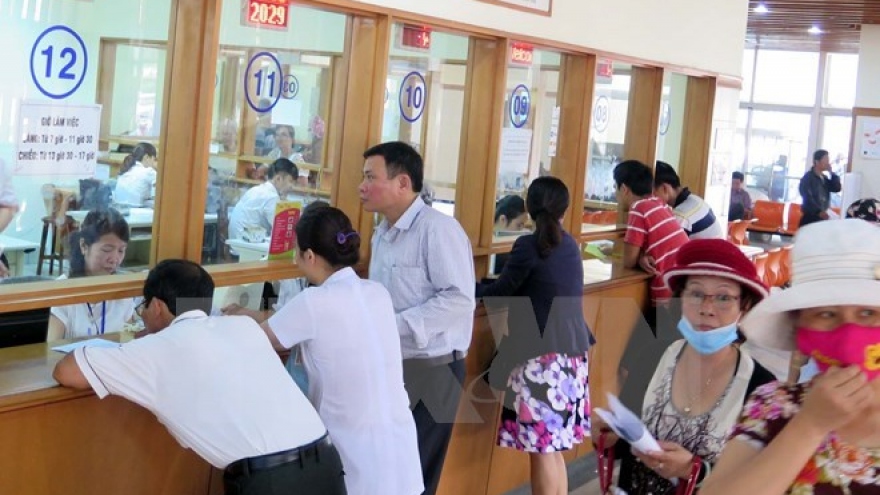Residents in Vietnam’s Mekong Delta risk becoming environmental refugees: official
Residents in Vietnam’s Mekong Delta could potentially be forced to abandon their homes due to the severe impacts of current drought, salinization, and possible environmental degradation.
The warning was given by Nguyen Van The, Secretary of the Party Committee in Soc Trang Province, at a conference dealing with the serious climatic condition in the region organized in the locality on Thursday.
The severe drought and salinization that have ravaged provinces in the Mekong Delta in the past months could bring about many consequences, including a reduction in land area, The said.
The considerably low income of citizens in some localities, as the result of agriculture being affected by the climatic condition, could force residents into leaving their hometowns and working in other places, the official continued.
Secretary The suggested that the government mobilize local scientists and hire foreign experts, if necessary, to carry out research and re-evaluate the situation in the Mekong Delta.
Based on findings of such research, farming areas in the region should be adjusted to suitable sizes and recommended crops and cattle will be issued for local farmers, he said.
According to the information announced at the conference, the Vietnamese government has disbursed VND250 billion (US$11.2 million) from the national budget for localities to deal with the situation while the Ministry of Finance also paid out VND410 billion ($18.3 million) to provide crops and farm animals for the farmers.
Speaking at the gathering, Minister of Agriculture and Rural Development Cao Duc Phat forecast that drought and salinization in Vietnam would reach their climax, urging local authorities to maintain production but with a downsize in farming area.
The government will not let any citizens be deprived of food and clean water, Deputy Prime Minister Trinh Dinh Dung asserted.
He ordered local authorities to promptly provide the affected households with financial support as soon as possible to support locating underground water resources as temporary solutions.
In terms of long-term measures, relevant state agencies will cooperate with local authorities to determine suitable restructuring of agriculture and forestry activities to cope with the climate change in the region, Deputy PM Dung said.


